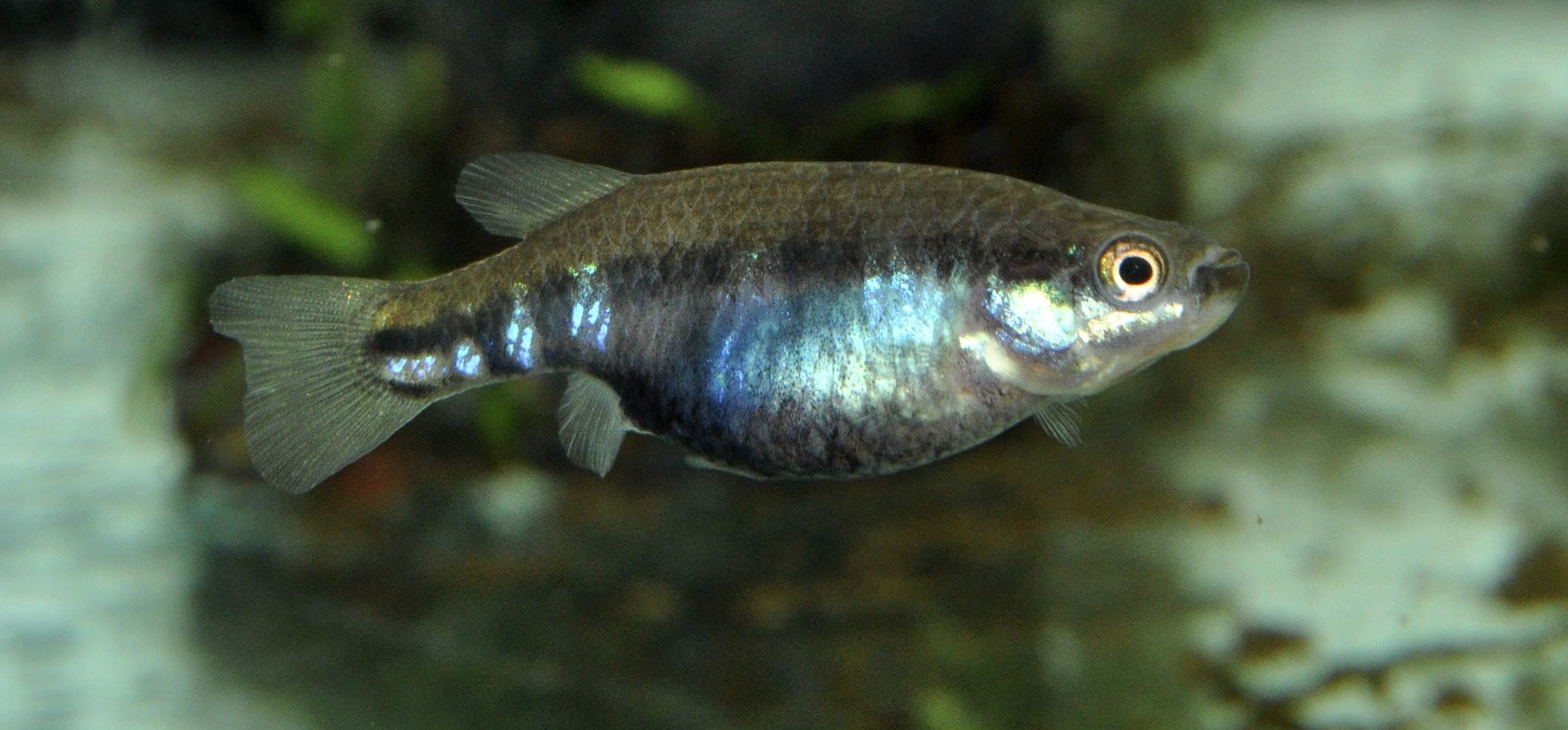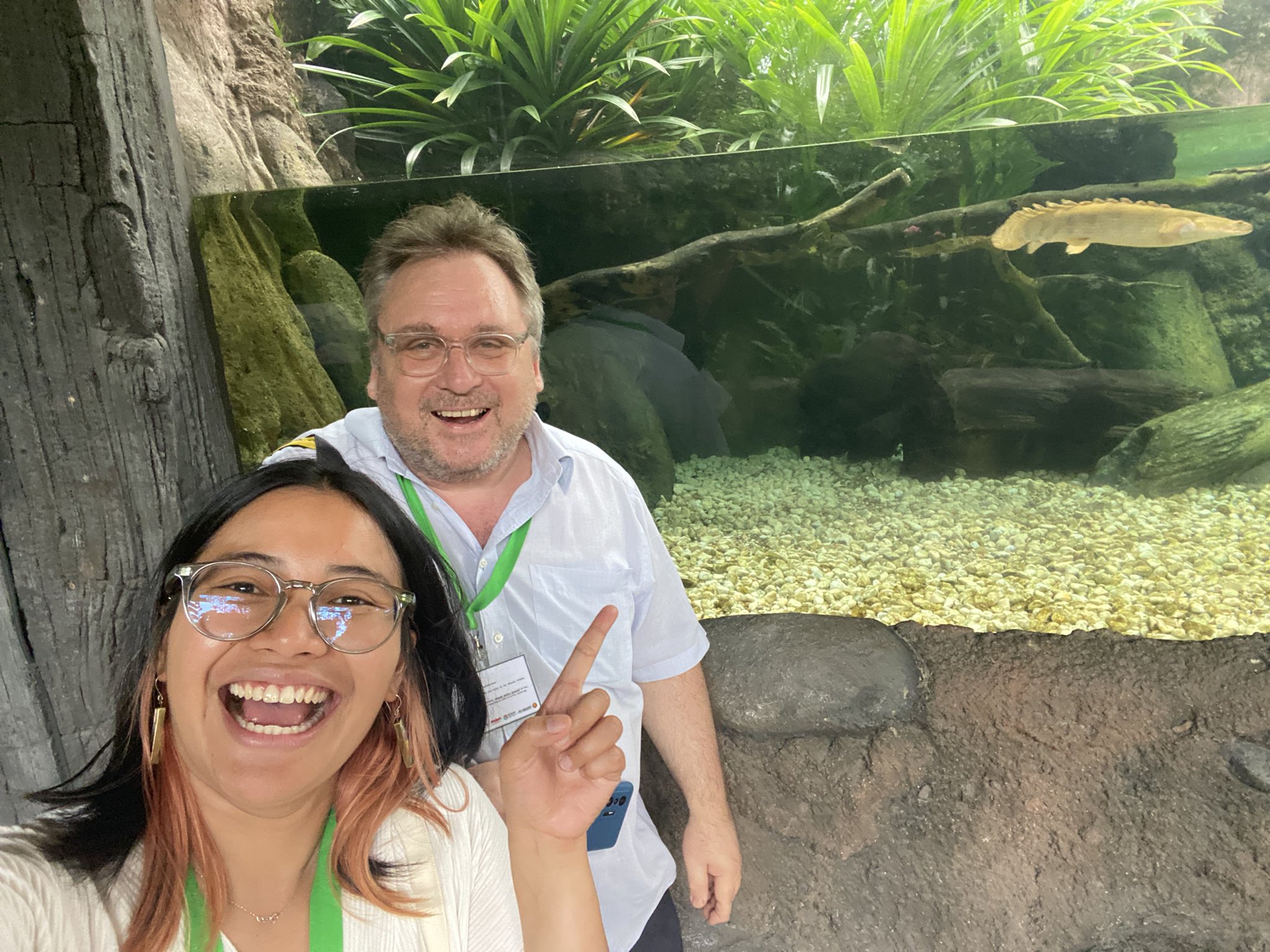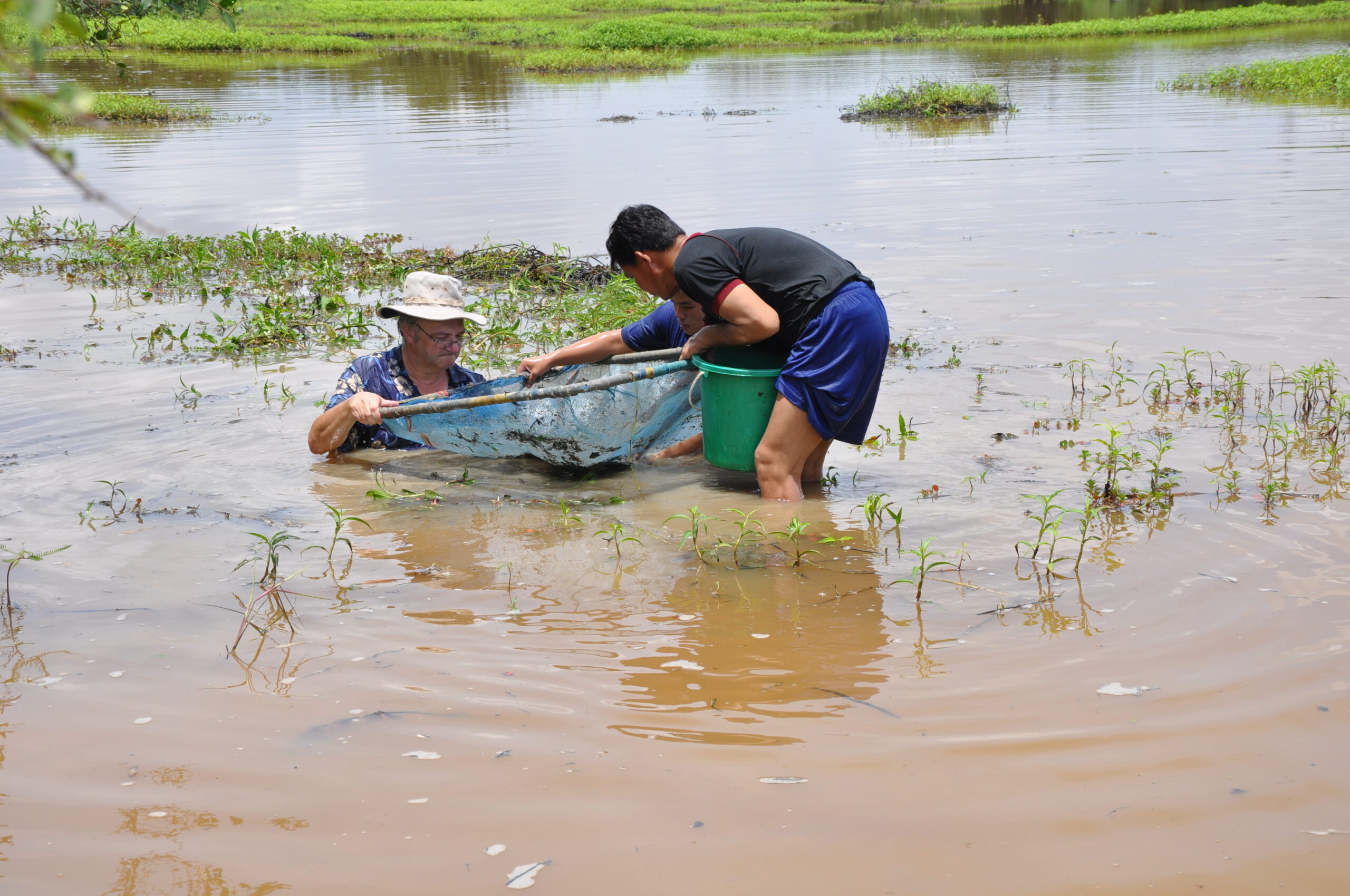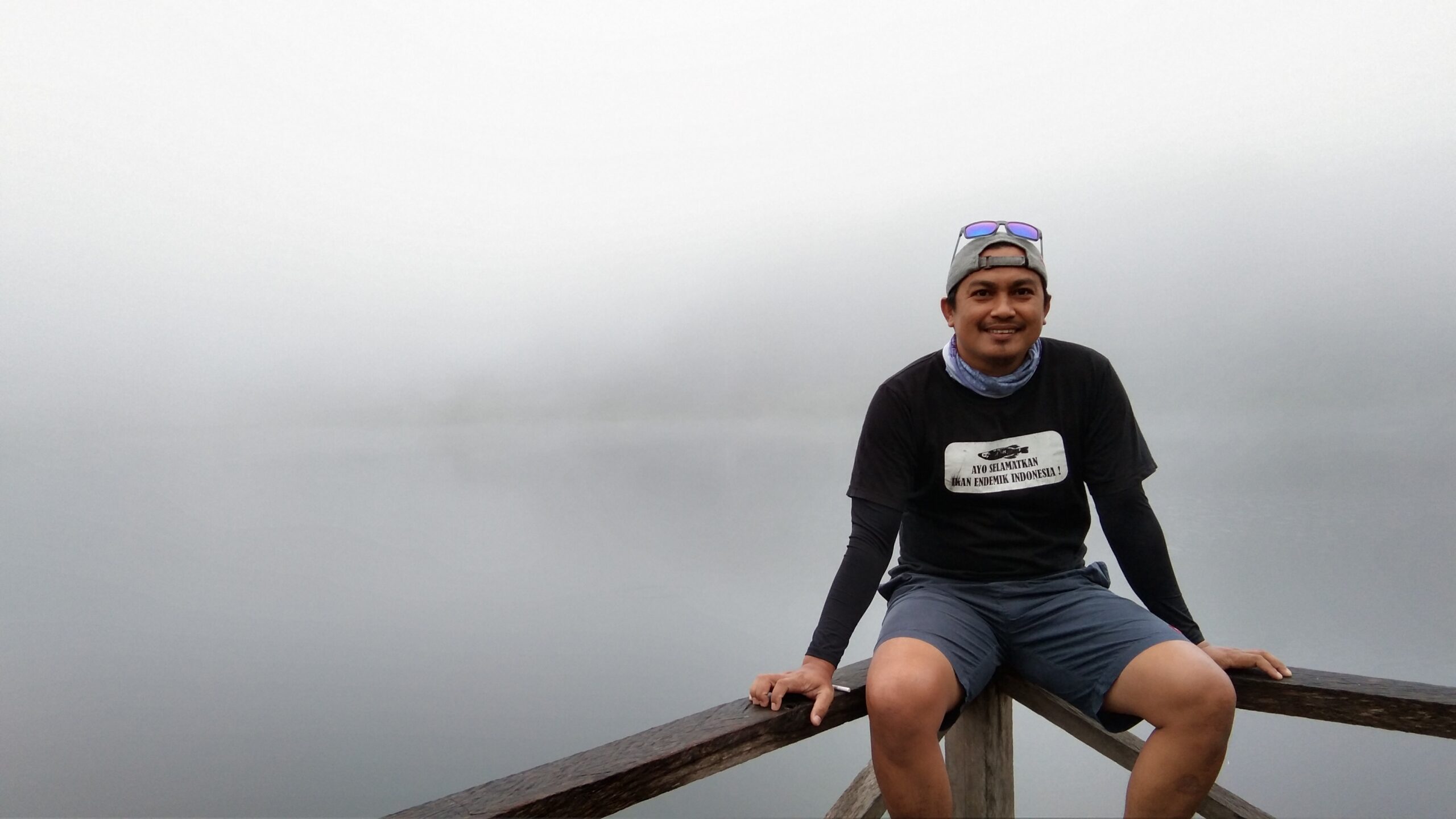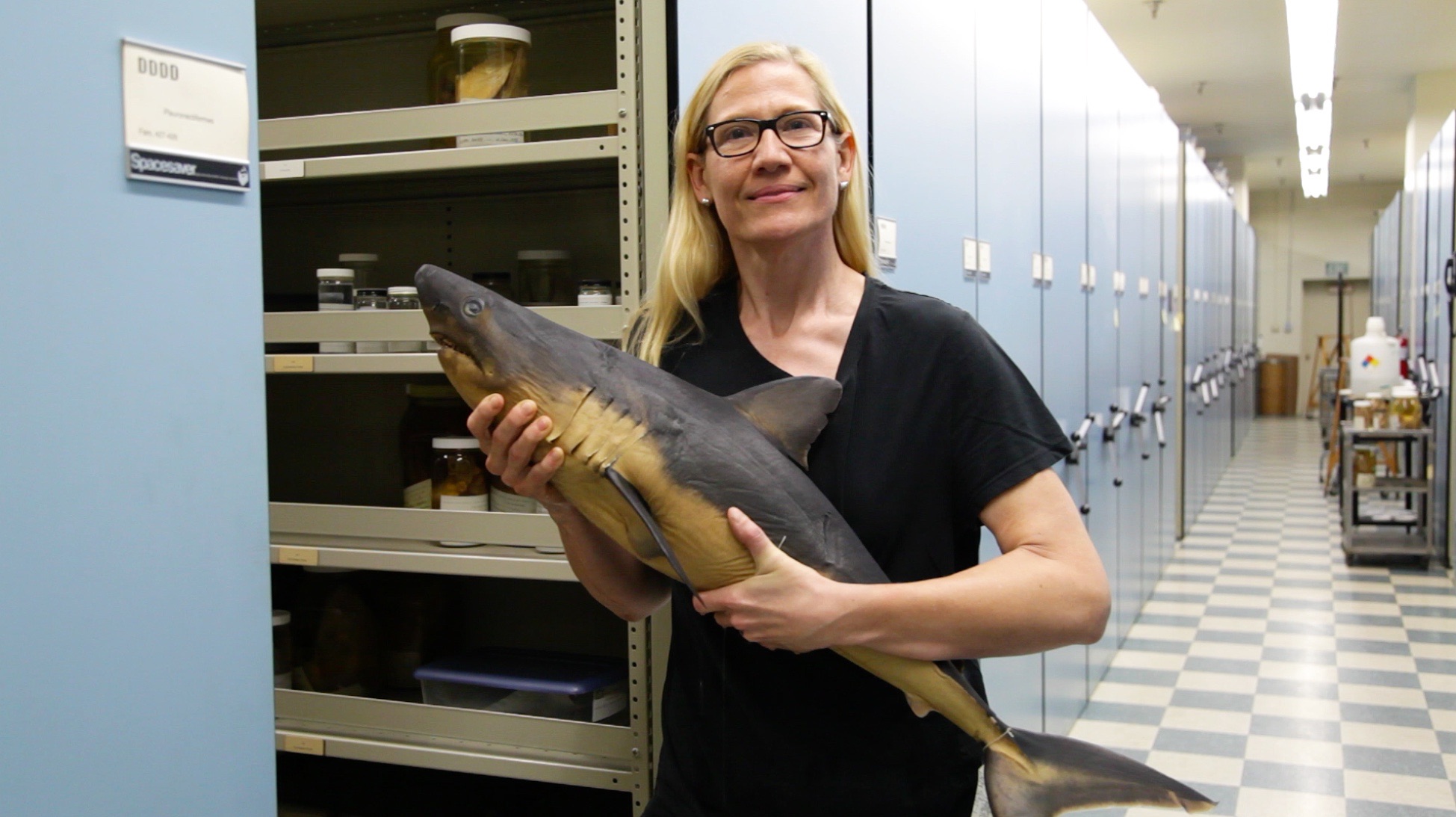Dr. Harmony Patricio joins the Shoal team

Image © Dr. Harmony Patricio
Harmony, can you tell us more about the work you did in the Mekong River Basin?
In the Mekong, I collaborated with fishing communities, governments, universities and NGOs to develop and implement freshwater biodiversity research and conservation programs. I spent a great deal of time working with rural fishers and villagers, training many of them to collect data on the fish harvests, fish sales at markets, and fish consumption in households. I created the Mekong Fish Network, to provide resources and support research collaboration among countries in the Mekong Basin, because many fish species migrate across national borders.
Your PhD research focused on the development of novel environmental DNA methods to assess river biodiversity and determine distributions of rare fishes. What conclusions did your research provide about both river biodiversity and rare fish distribution?
My PhD work led to a better understanding of the factors that influence the reliability of biodiversity data gathered through the use of environmental DNA (eDNA) methods in rivers. My work also demonstrated that it is possible to detect an extremely rare fish (the Mekong giant catfish) in a large tropical river using eDNA techniques, which had never been tested before, and indicated that the distribution of the Mekong giant catfish may be shrinking.
You’ve dedicated your career to freshwater conservation. What originally drew you to focus on an aspect of conservation that’s often overlooked?
I decided to focus on freshwater species conservation once I learned that they are going extinct faster than marine or terrestrial species. The primary and overarching motivation behind my conservation work is to stop extinctions, and so I have dedicated myself to the conservation of the species facing the highest rates of extinction. This focus gives me the most opportunities to help save species from extinction. My interest in freshwater species was also sparked by learning how important freshwater fish are for millions of people around the world, especially in developing countries, often representing the primary source of protein and income. Fish conservation can benefit nature and people, which can help promote acceptance of the concept of conservation among communities and decision makers.
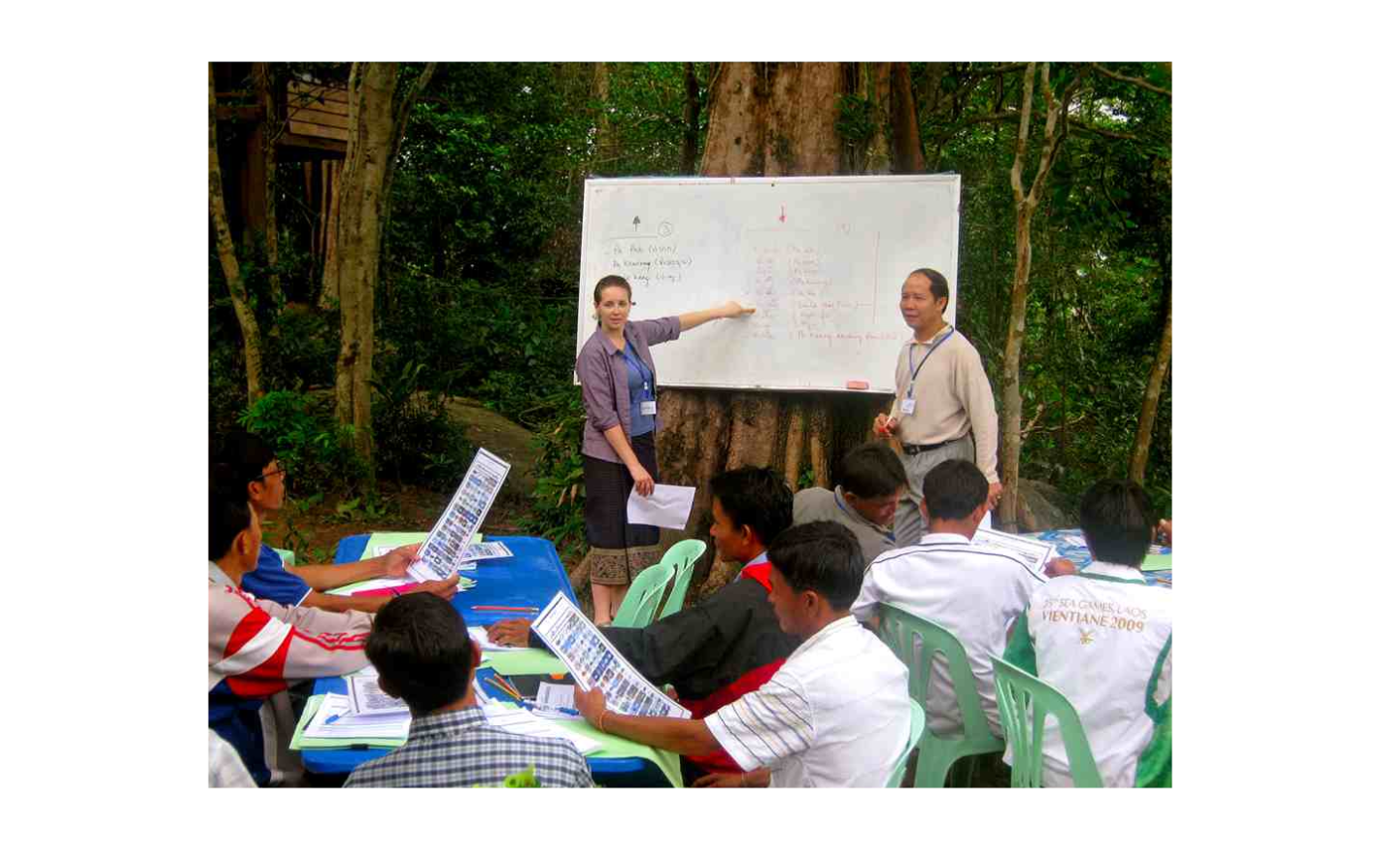
Harmony teaching
Finally, what are you most looking forward to with Shoal?
I’m so excited to join the Shoal team because this initiative will take freshwater biodiversity conservation to the next level. I look forward to developing a strong network of diverse partners that will work closely together to effectively tackle the urgent threats facing freshwater species. I’m excited to help build capacity around the world to implement conservation actions where they are most needed, and to raise awareness on a global level. I’m passionate about translating science for those without a technical background, so that research results are used to catalyse conservation action on ground, and working with Shoal provides the opportunity to put this passion into practice.
Harmony serves on the Freshwater Conservation Committee and Freshwater Fish Specialist Group of the IUCN Species Survival Commission. She is also the Co-Chair of the Freshwater Specialist Group for the IUCN World Commission on Protected Areas.
She joins us in partnership with Re:wild and the IUCN SSC Freshwater Fish Specialist Group.

